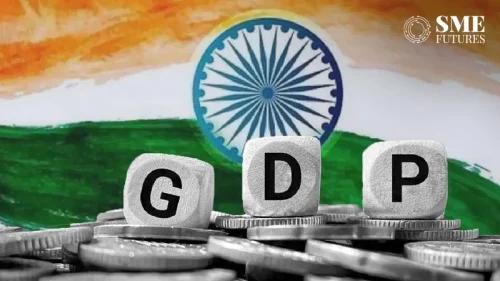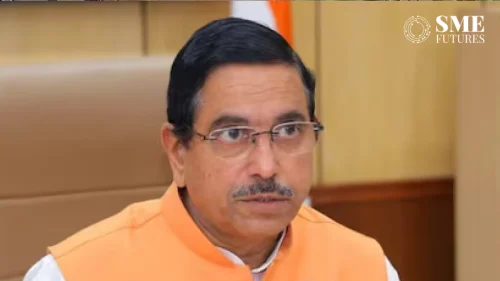A Parliamentary panel has held that the delay in the enactment of the Personal Data Protection Bill 2019 – which was withdrawn by the government in August 2022 for further scrutiny amid concerns raised by stakeholders and political parties owing to several loopholes in it – will have an adverse impact on the economy.
It has asked the government to formulate a separate policy for personal and non-personal data.
The Rajya Sabha’s Standing Committee on Commerce, in its report on “Promotion and Regulation of E-commerce”, which was recently tabled in Parliament during the ongoing budget session, while noting the delay in the Personal Data Protection Bill, said: “The delay in enactment of the bill will have an adverse impact on economy on account of failure to capitalise on the virtual treasure trove that data has provided.”
It further noted that any “absence of a clear cut data regulatory framework could also hinder the maximum exploitation of data which is considered as the new oil”.
Also Read: 60% brands struggle with ineffective AI for customer service: Sprinklr
The panel, which is headed by Congress MP Abhishek Manu Singhvi, added that the delay in having a dedicated data protection regulation has occurred at a time when there is an urgent requirement for a robust data policy.
It has therefore recommended that the Ministry of Electronics and Information Technology should make concerted efforts to formulate a data policy on personal and non-personal data.
The government had withdrawn the Personal Data Protection Bill 2019 from the Parliament in August last year after a joint parliamentary panel had recommended 81 amendments in it and 12 recommendations were made towards a comprehensive legal framework for a digital ecosystem.
While withdrawing the bill, Electronics and IT Minister Ashwini Vaishnaw had said that the bill was being taken back in order to bring a legislation that fits into the comprehensive legal framework, as suggested by the joint parliamentary panel.










